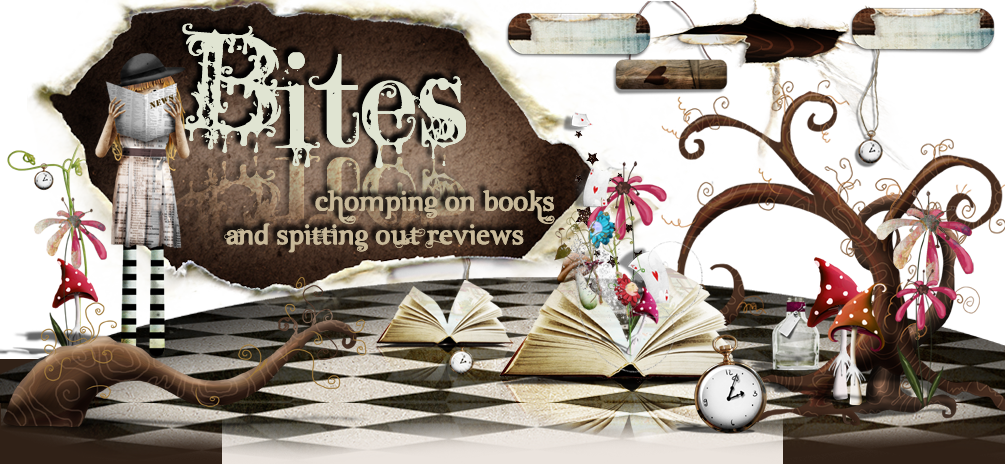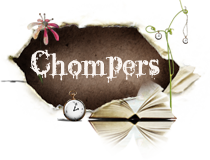Ashley Hope Perez's THE KNIFE AND THE BUTTERFLY hit my like a ton of bricks, to be horribly cliche. For a book where I didn't feel all that much for the MC, it really had an impact on me I think because the story in and of itself was it's own character and Ashley really made it come alive. It's because of that that I asked her if she'd stop by to say a few words. Lucky me she said yes! She even included an excerpt from THE KNIFE AND THE BUTTERFLY and I have to say, this particular passage actually made me really not like Azael for how unwilling (or incapable) he was of seeing a bigger picture, of seeing context. It's really telling of his character when he feels that being hungry and Hispanic is far worse than being white and molested. But if you stick with it, you get to see just how his perspective changes. And I can tell you I'm so glad I did.
Now without me hijacking anymore of this post, I'm turning it over to Ashley. Thanks for stopping by, Ash!
When I was writing the first draft of
The Knife and the Butterfly, I alternated between Lexi’s point of view and
Azael’s. I loved working in two such different voices, but I had the nagging feeling that the story, too, was divided.
In the end, to move forward with the novel, I needed to choose: whose story was it
really? Who owned the narrative and gave it its center of gravity?
As I was thinking about this question, there were some developments in the events that inspired The Knife and the Butterfly. (Yes, I am yet another author finding subtle and not-so-subtle inspiration in the news, beginning with an actual gang fight between MS-13 and Crazy Crew and continuing with The Houston Chronicle’s reporting on what happened to some of the participants.)

I can’t say too much about the news without spoiling things for those of you who haven’t yet read the novel, but here’s what’s important: the media was still talking about the girl who inspired Lexi, while the consequences of the fight for the boy who inspired
Azael—and lots of boys like him—were all but forgotten. (For those of you who have finished
The Knife and the Butterfly, all you have to do is google “Ashley Benton” and “Houston” to see what I mean.)
Anyway, it began to feel increasingly important that I get inside
Azael’s head and stay there—not pulling back from even the most vexing aspects of his self and his macho persona. I realized that, when I was alternating between
Azael and Lexi’s points of view, I tended to dodge certain things in
Azael’s sections because I could. Once I embraced him fully as my narrator, I had to come to terms with a few unsettling things and get over myself.
For example, what does a male teenager do if locked up with a LOT of time on his hands? I
couldn’t ignore one obvious answer (
blech, I know), but I also discovered lots of other answers. Like
Azael’s drawing, which becomes increasingly important in the story. And then there are his memories of taking care of his sister and his efforts to bond with anyone around him, from the inmate across the hall to the man who delivers the meals. Crucially, though none of that is enough to occupy
Azael all of the time. Despite all his resistance, he begins to care about Lexi because he can’t
not think about her. She can’t get
Azael out of her head, either, although the reasons are a little different.
Lexi’s journal entries are still part of
The Knife and the Butterfly (
Azael gets his hands on her notebook), but our journey “into her head” is much briefer. I put that phrase in quotation marks because Lexi, like
Azael, is putting on an act—even when she is talking only to herself. In many ways, their journeys run parallel, but we see Lexi’s development in miniature via the journal. Lexi’s choices matter to the outcome of the story, but what matters more is
Azael’s willingness, finally, to see her as a person, not dismiss her as a girl or an enemy.
Azael is sometimes irritating, sometimes vulgar, sometimes caring (like trimming his little sister’s fingernails… major
awww there), but always human. To give you a little taste of his voice in
The Knife and the Butterfly, here’s a bit from the part of the novel where
Azael is just beginning to read Lexi’s journal:
I don’t want to feel sorry for her, not even when I read about her sicko dad messing with her. I want to tell Lexi to forget the boo-hoo, poor-little-white-girl bullshit. She’s never been hungry. She’s never gotten a beating. She’s never been on the run from la migra or the CPS. She’s never had to pack a baby sister off to California just to keep her safe.
But reading Lexi’s notebook also makes me think how everybody is off the record in a way. Not just fools like my pops who didn’t get their papers straightened out. Not just dropouts like me and Eddie wanting to stay out of the system. I mean that whole part inside of you that nobody else even knows is there. There’s a Lexi that talks trash to Janet, a Lexi that crosses her arms in group, a Lexi that writes in her journal. But there’s also this Lexi that nobody knows about, a Lexi inside of Lexi. That’s how somebody can be getting high or going to church but at the same time still feel like a seven-year-old kid locked out of the swimming pool. That’s how I can be clicking Eddie in, kicking the shit out of him but somewhere deep inside feel that I’m still his hermanito. Down there, there’s a little guy who just wants us to go home and make some ketchup sandwiches.
You may not be in the mood for ketchup sandwiches, but I hope I’
ve given you an appetite for
The Knife and the Butterfly. If you’d like to read more excerpts and insights about the novel, check out
this page from my website or just cruise over to your fave bookstore and ask for it.
I’m online, blogging from
www.ashleyperez.com and on twitter (
@ashleyhopeperez). Holler my way! I’d love to hear from you.













































 I can’t say too much about the news without spoiling things for those of you who haven’t yet read the novel, but here’s what’s important: the media was still talking about the girl who inspired Lexi, while the consequences of the fight for the boy who inspired
I can’t say too much about the news without spoiling things for those of you who haven’t yet read the novel, but here’s what’s important: the media was still talking about the girl who inspired Lexi, while the consequences of the fight for the boy who inspired 
